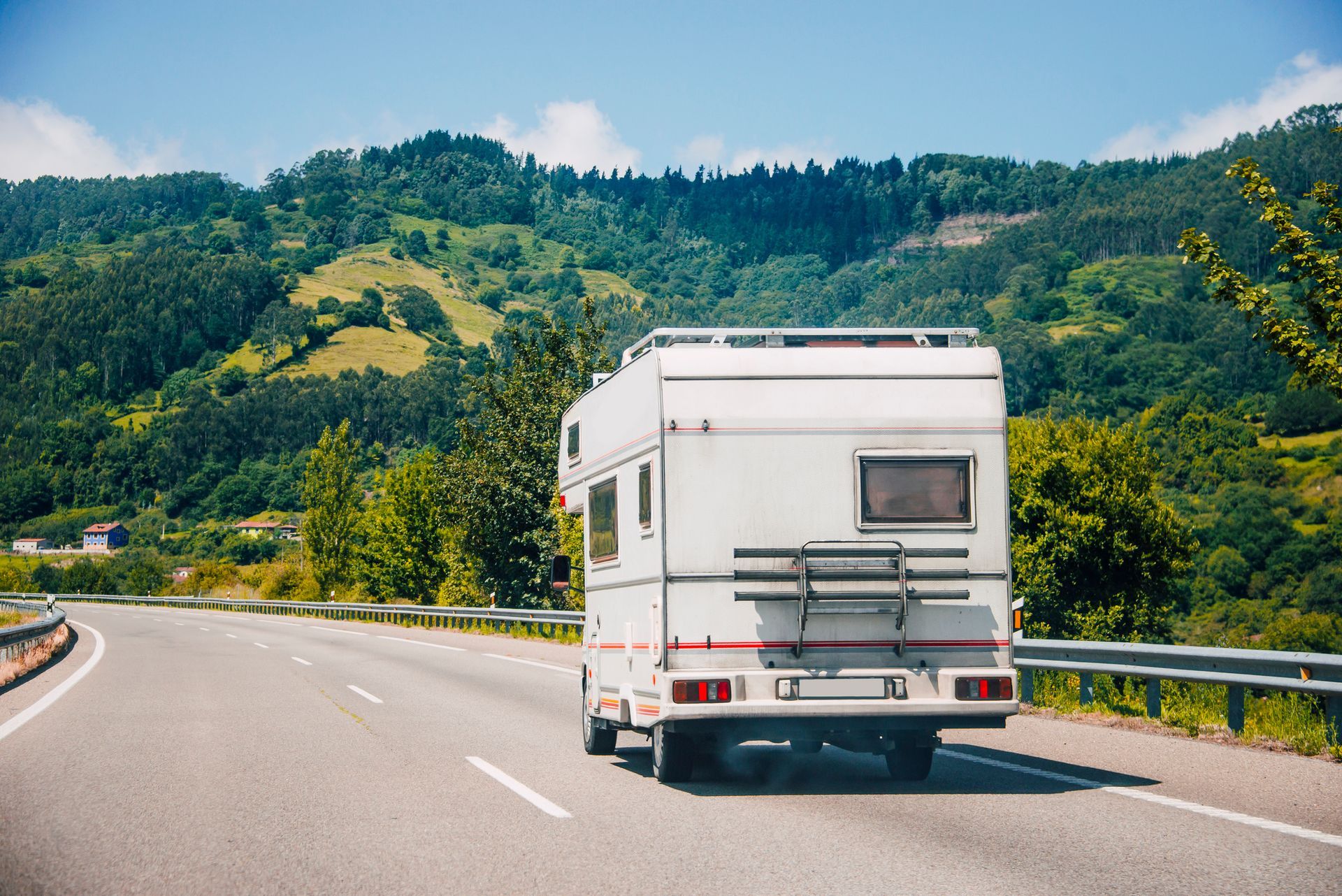
After a season of beautiful weather and pristine sunny days, the weather is getting cooler and it's time to think about putting away your RV for the winter. A lot goes into making your vehicle winter-ready, so as soon as the temperatures start to drop to freezing temperatures at night, you need to have your winterizing strategy ready to go. Here are some tips that will help you keep your RV safe all off-season long so you are ready for new adventures come spring.
Drain All Your Plumbing Fluids
If your RV isn't going to be used for more than a month or so, you will want to drain all the fluids in your RV's plumbing. This task prevents water from freezing in pipes, which can cause them to burst or crack. To thoroughly complete the job, use an air compressor to blow out your plumbing lines, or have a sprinkler technician service your RV along with your property's regular fall blow-out.
You will want to further protect your plumbing system by pouring antifreeze down your toilet and in your sink. If you spill any antifreeze by accident, cover the liquid with cat litter or sawdust, remove the saturated material with gloves or a plastic bag, then wipe the affected surface down with soap and water. Antifreeze is very toxic and can enter the body via skin contact, so always keep this substance out of the reach of children and pets.
Engage in Pest Prevention
All sorts of pesky invaders want to take over your RV as soon as it starts to get cold out, and they can be more troublesome than you think. Rodents can chew through wires and ants or other colonizing insects can take over your vehicle in a hurry.
Keep rodents and other pests out of your RV by sealing off water line entrances, lining your cupboards and cabinets with moth balls, and removing all signs of food. If creatures do manage to get inside, the lack of food and horrible stench of moth balls will make your vehicle a place they'd want to leave in a hurry.
You can also have an RV service company
help you winterize your recreational vehicle against intruders. An RV specialist can spray your firewalls with added foam insulation to not only protect your vehicle against moisture and cooling temperatures but also keep unwanted varmints out.
Make Preparations Under the Hood
If you plan on starting your RV a few times a month to keep the battery charged and strong, then you don't have to worry about disconnecting it. If you want to preserve its power and keep it from corroding, it's best to disconnect and remove your battery. While you are under the hood, it's also a great idea to check the fluids in your RV, such as power steering, brake, and transmission fluids. Always keep your coolant at its maximum level to prevent freezing in the winter.
Buy the Right Cover
Whether you plan on storing your RV in your garage, under a covered carport, or simply at the side of your driveway, you want a reliable cover to keep the vehicle safe and warm. A breathable cover in a cotton blend is a wise choice. You want the cover to completely drape your RV with ventilation to prevent moisture from pooling within the vehicle. Make sure the cover is dry and free of debris before placing it on your RV.
When spring arrives, your RV should be ready for fun and adventure again. If you have any questions about how else to care for your RV or you need supplies for proper winter storage, contact the experts at RV Service Center of Santa Cruz. Their friendly associates will help you keep your recreational vehicle in top condition.

